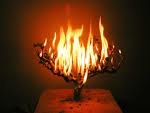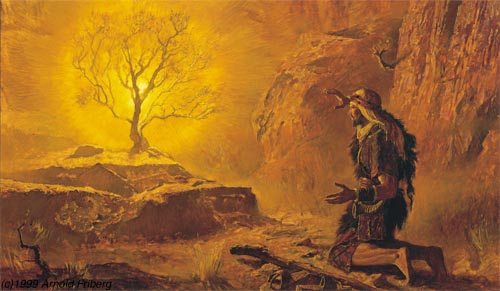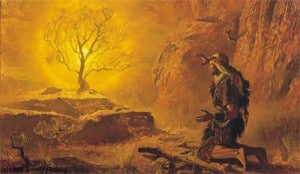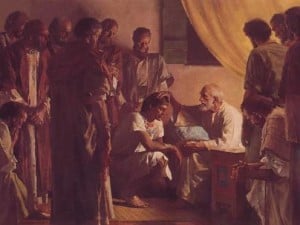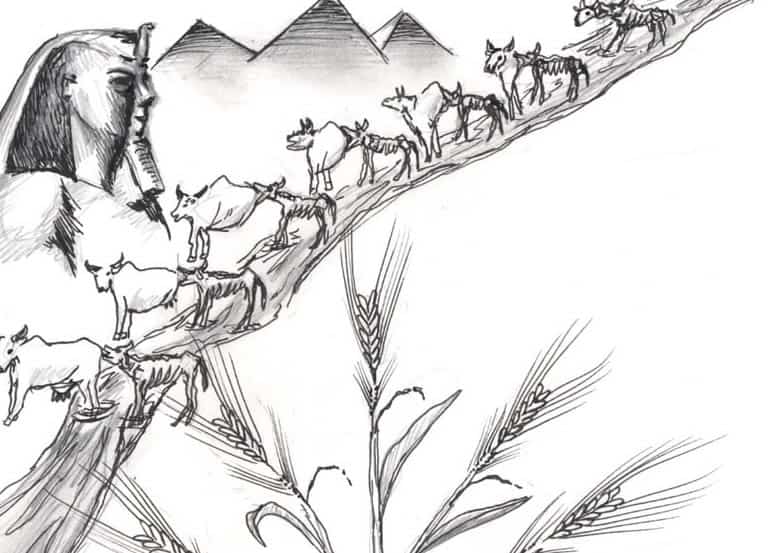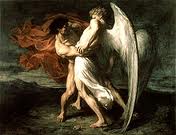Rabbi Chanan Morrison
 The blessings recited over most foods refer to God as the Borei, the Creator: “Creator of fruits of the ground”, “Creator of fruits of the tree”, “Creator of fruits of the vine”, “Creator of types of food”, and so on.
The blessings recited over most foods refer to God as the Borei, the Creator: “Creator of fruits of the ground”, “Creator of fruits of the tree”, “Creator of fruits of the vine”, “Creator of types of food”, and so on.
But the blessing for bread — Hamotzi — doesn’t fit this pattern. Before eating bread, we say, “Who brings forth bread from the earth”. Why do we not acknowledge God as the Creator of bread, as we do with other blessings?
